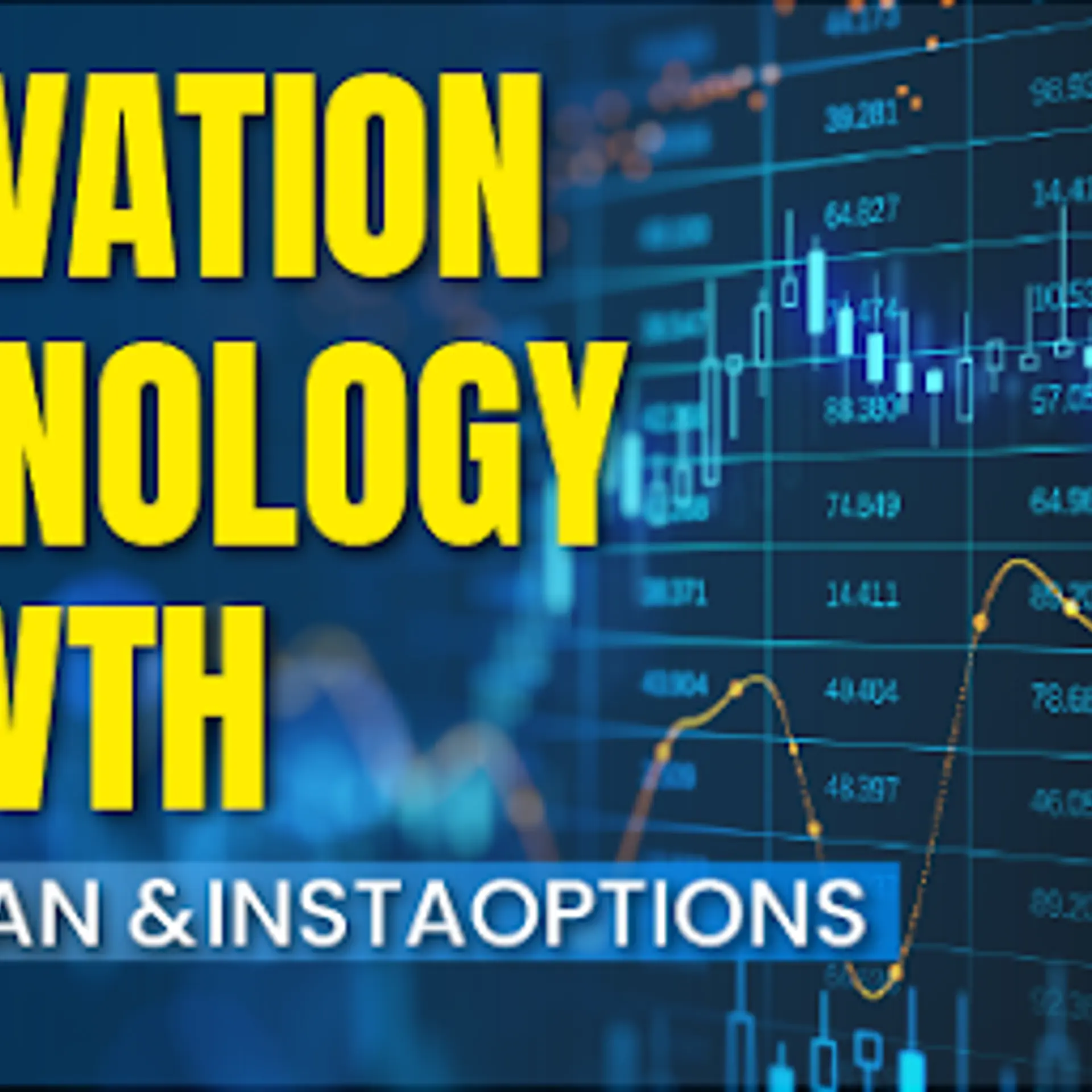How technology is transforming the education sector
Naman Mukund, Co-Founder, Tekie, believes technological interventions in education has more positives than negatives, especially in these times.
The educational sector in India has seen a steady rise in the adoption of technology as a means of aiding instruction. Hybrid Learning—the combination of both “Traditional” schooling and the implementation of modern innovations— has given birth to a whole new way of learning, understanding, and absorbing information.
Over the past year alone, we have seen the education system undergo a metamorphosis, with technology playing a great part in making learning more accessible, fun, and interactive. Several e-learning platforms have come into existence that make use of interactive tools, immersive creatives, and animations, fostering creativity in young minds.
E-learning - the new normal
As technology becomes more and more intertwined with our daily lives—be it through apps, IoT, or even basic offline tools that we’ve come to be so dependent on—it is more crucial than ever for us to be well-versed with how to properly wield it.
The COVID-19 crisis has made e-learning a necessity and has highlighted the important role technology plays in the education sector. Owing to the need for safe, online methods of instruction, the past year has seen the prevalence of e-learning as a substitute for traditional learning. Technology has provided several varied avenues for learning via engaging content, access to global resources, and the option to enrol in verified certification courses online.
While in a pre-pandemic era, the primary and secondary education system did not feel the need to implement regular use of technology into the curriculum, the pandemic era has seen a paradigm shift in the method of instruction.
While we can't seem to deny the advantages of the "traditional" mode of learning, the addition of technology to traditional classrooms have only aided in a comprehensive and evolving learning experience for students.
Technology usage
Technology is no longer just used as a classroom aid, or for homework and research purposes, but as a means for learning itself.
When schools were forced to shift entirely online, it saw enough positive results that made it evident that technology must be a long-term inclusion in the curriculum, and not just a stop-gap during the COVID-19 crisis.
It’s important to note that certain parameters guide the proper implementation of uninterrupted knowledge. For example, the device used for knowledge exchange, the person using the device for the mentioned purpose, the intensity of the usage of devices for imparting knowledge and the performance of the school’s system itself also matters a great deal—in lower-performing school systems, technology is associated with worse results.
Impact of technology on the sector
Taking into account all these factors, it is clear that the positives outweigh the negatives-if any. One can argue that the only drawback to using technology in broader areas of operation is the lack of physical interaction, which can easily be addressed in a post-pandemic situation.
Some of the widely believed crucial factors that establish technology as the inevitable future for education are - benefits from enhanced interaction, quality of education, better parent-teacher communication, availability of numerous online resources, promoting entertainment and engagement for children, remote learning facility, personalisation, cost-effective tool, portability, sustainability, real-time performance report and live streaming lectures with real-time doubt solving, and more.
India being a global education destination, with some of the best universities and educational institutes in the world, opens its doors for many talents from various parts of the world.
With the pandemic proving to be an impediment to travelling from one country to another for education, educators are adopting various technologies to make it an easily accessible amenity for aspirants sitting in any corner of the world. Having its contribution widely in every walks of life, technology is the future of education, causing its transformation in bigger and better ways.
Edited by Anju Narayanan
(Disclaimer: The views and opinions expressed in this article are those of the author and do not necessarily reflect the views of YourStory.)








